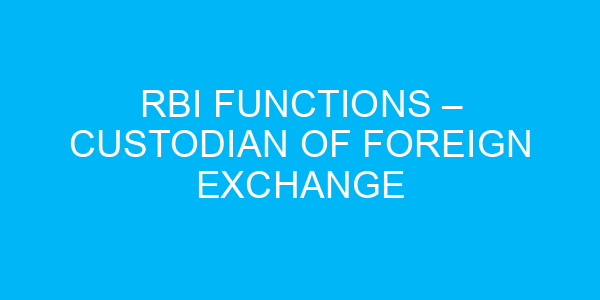31. The Reserve Bank of India (RBI) participates in the foreign exchange market through various instruments such as:
a) Spot and forward contracts
b) Currency options and futures
c) Currency swaps and derivatives
d) All of the above
32. The Reserve Bank of India (RBI) acts as a custodian of the gold reserves held by the country by:
a) Safely storing and managing the gold holdings
b) Facilitating gold investments and imports
c) Regulating and monitoring gold exports and smuggling
d) All of the above
33. The Reserve Bank of India (RBI) collaborates with the central government and other agencies to prevent and mitigate risks associated with:
a) Currency counterfeiting and forgery
b) Money laundering and financing of terrorism
c) Foreign exchange rate manipulation
d) All of the above
34. The Reserve Bank of India (RBI) manages and utilizes its foreign exchange reserves to earn returns through:
a) Safe and profitable investments in foreign government bonds
b) Strategically timed forex trades to take advantage of exchange rate movements
c) Charging fees and commissions for forex services provided to authorized entities
d) All of the above
35. The Reserve Bank of India (RBI) acts as a lender of last resort to the banking system during times of liquidity crunch by:
a) Providing emergency loans and liquidity injections
b) Adjusting the statutory liquidity ratio (SLR) requirements for banks
c) Lowering the policy rates and reserve requirements for banks
d) All of the above




